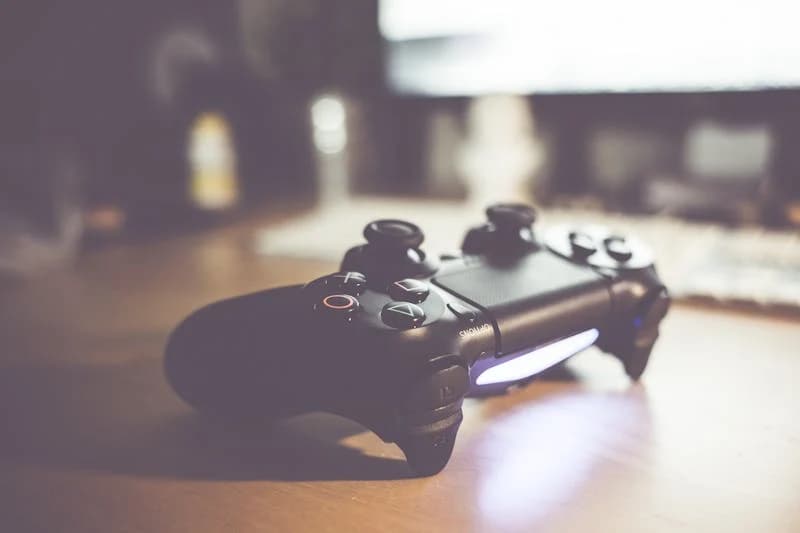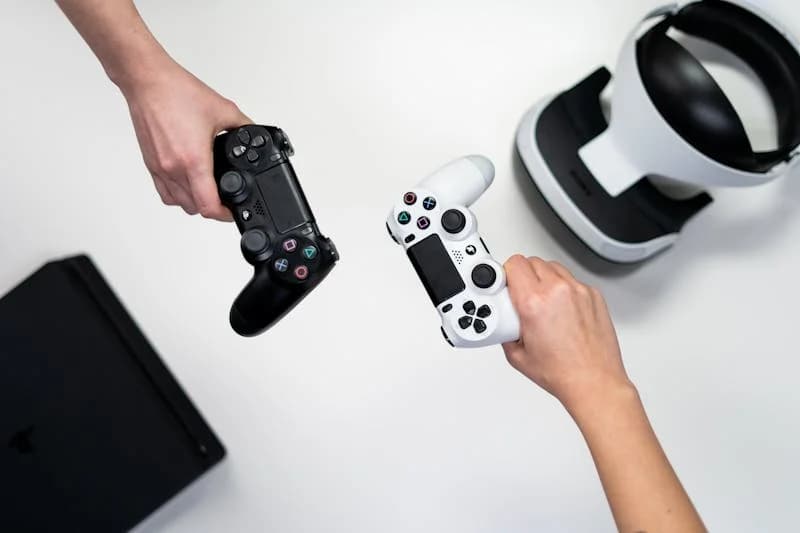
Buying your first gaming computer is an exciting step for every gamer. It’s not just buying new hardware; it’s an investment in future hours of exciting adventures and unforgettable gaming moments. In this process, it is important to not only choose a computer that will meet the current gaming requirements, but also provide the potential for future upgrades and modernisation.
In addition, making the right choice can help you avoid unnecessary costs and frustration. Our goal is to make your choice as simple and straightforward as possible, so that you can enjoy your gaming experience without worries and problems, just like casinosinlicenciaespana.com helps you find reliable casino site reviews.
Types of Мendors: OEM & System Integrators
The first thing to understand when buying a gaming computer is who is selling it. There are two main types of sellers: OEMs (original equipment manufacturers) and system integrators.
OEMs, such as Apple, Dell, HP, Lenovo, manufacture many components themselves. Their computers are designed so that all the components work together perfectly. These systems can be a great choice, but for gaming PCs, system integrators are often recommended.
System integrators such as iBUYPOWER, CyberPowerPC, and NZXT assemble computers from components available at retail. These computers are easy to upgrade and customise, making them ideal for gaming.
The Main Components Of a Gaming PC
Every gaming computer consists of several key components that determine its performance and capabilities. It is important to choose a quality motherboard, processor, graphics card, RAM and data storage to ensure fast performance and excellent graphics quality in games. The right choice of these elements will allow your PC to easily handle the most modern and demanding games.
Motherboard:
The motherboard is the base to which all the components of a PC are connected. It allows all parts of the computer to communicate with each other.
Processor (CPU):
The processor is the “brain” of the computer, processing all commands. Since processors can get very hot during operation, they are equipped with cooling systems ranging from simple fans to complex water systems.
Video card (GPU):
For gaming, the graphics card, which is responsible for rendering images and videos, is especially important. Choosing a powerful graphics card is the key to high quality graphics in games.
RAM (RAM):
RAM is used to temporarily store the data that your computer is currently working with. More RAM allows for more efficient multitasking.
Data storage devices:
Solid state drives (SSDs) and hard disc drives (HDDs) are used to store games and other files. SSDs are faster but cost more compared to HDDs, which offer more storage for the same money.

Choosing by specifications
When choosing a gaming computer, it’s important to focus on the minimum and recommended system requirements for the games you plan to play. Keep in mind that these requirements may depend on the resolution in which you intend to play. For example, playing at 1440p resolution will require more powerful components than 1080p.
Recommended RAM
You need at least 16GB of RAM for comfortable gaming. As time goes on and memory prices come down, it becomes affordable to choose computers with 32GB RAM or more.
Data Storage
Based on the size of the games, choose the storage capacity. For example, a Call of Duty game alone can take up to 175GB. The minimum recommended SSD capacity is 500GB, but it is better to choose 1TB or more.
Budget & Price
Determining your budget is one of the key aspects of buying a gaming PC. Gaming PC prices can vary greatly depending on components and manufacturer.
On average, prices start at $500 for budget models and can go up to $4,000 or more for top-of-the-line configurations. Most gamers prefer to spend between $1000 and $2500, as in this price range you can usually find computers with good value for money.
It is important to consider not only the cost of the computer itself, but also the possible costs of additional components and accessories such as monitor, keyboard and mouse.
Conclusion
Choosing and purchasing your first gaming computer is an important decision that requires attention to detail and an understanding of the key aspects that affect performance and usability.
Take your time, compare different models and consider other users’ feedback so that your investment in the gaming world will be justified and effective.
FAQs
Should I choose a gaming computer with SSD or HDD?
For a gaming computer, SSD is preferred because of its fast performance. HDD can be used for storing large data.
How much RAM is enough for a gaming PC?
A minimum of 16GB RAM. For more demanding games and tasks, it is better to choose 32 GB.
Does the motherboard manufacturer affect the performance of a gaming PC?
Yes, the quality of the motherboard affects the stability and expandability of the system.
Can I upgrade my gaming PC after purchase?
Yes, most gaming PCs are easy to upgrade, especially if you choose a system from a system integrator.
How often should I upgrade my gaming PC?
It is generally recommended that you upgrade every 3-5 years depending on your gaming and software requirements.


